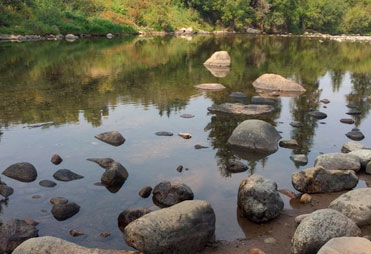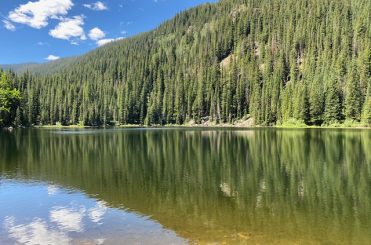Committed to serving higher education leaders
Leading Today
What opportunities do today’s challenges offer higher education leaders?
Today’s reality confronts leaders with the opportunity to become more intentional and expansive by:
- Becoming conscious of one’s values
- Exercising empathy
- Strengthening resilience
- Conceiving extraordinary innovations to reframe the present and future
- Creating a vision of new possibilities and pathways
The role of the higher education leader is being stretched.
However, leaders still need a fundamental leadership skill set. It is these underlying skills and sensibilities that allow leaders to remain grounded during today’s turbulent times and into the future.
To do so – to stay grounded in what is important today while navigating and building tomorrow’s landscape – leadership coaching is not merely a ‘nice to have’ but rather provides a fundamental element for success.
What I Do
- Coach individual leaders to transform their leadership skills and ways of being, resulting in personal and professional fulfillment.
- Work with groups and teams to reshape conversations resulting in powerful new ways of being, relating, and achieving.

Why Coaching
A variety of circumstances draw leaders to coaching.
Whatever your reasons, leaders in higher education seek coaching because they desire change.
Real change.
And real change takes courage.

Working with Individual Leaders
Dean asks Provost: “What happens if we invest in developing our people, and then they leave?”
Provost: “What happens if we don’t, and they stay?” (Adapted from Peter Baeklund)
New Leaders. Seasoned Leaders. Reluctant Leaders. Leaders leading from the middle. Leaders with lots of authority facing challenges from multiple stakeholders. Leaders hesitant to call themselves leaders.

Working with Groups and Teams
What makes a high-performing group or team? Colleagues who:
- Genuinely trust one another
- Handle difficult conversations
- Are willing to collaborate and embrace the overarching institutional goals
- Create a future founded on collective vision and purpose.
This collective energy promises the greatest potential for creativity and innovation, constructive conflict resolution, collaboration, and achievement.

